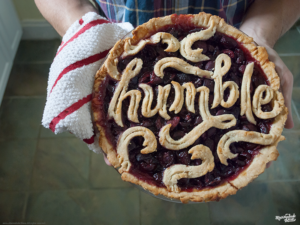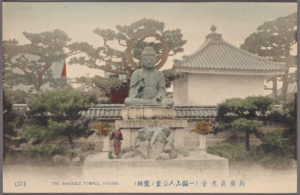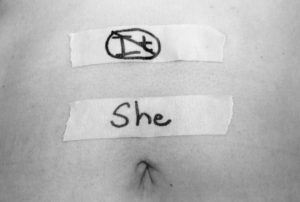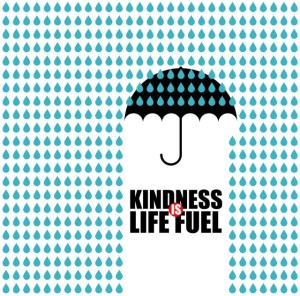Last week, I was honored with an award from the women’s running group that  I’m part of and my immediate reaction was, “I don’t deserve that.”
I’m part of and my immediate reaction was, “I don’t deserve that.”
There is a pattern in my thoughts, and maybe yours too, one that says:
“I don’t deserve to have that chocolate cake because I didn’t run today.”
“I don’t deserve to get that promotion at work because what I do is not technical.”
“I don’t deserve to live in my dream house because I’ve made bad choices in the past.”
“I don’t deserve to have fun and be proud of my running because I’m not fast.”
This all made me realize that I need to eat my humble pie. Not in the usual way that expression is used but rather in a metaphorical way, where my pie is made of an excess of humility to the point of making my world view that of being a person of lesser status.
You see the pattern, the one that says – I’m not enough, I’m not worthy, I’m less than – it gets in the way. It blocks the things I desire from entering my life.
This pattern is one that I’ve been trying to turn on its head by changing my thoughts to:
I deserve.
I deserve that chocolate cake.
I deserve that new blouse.
I deserve the gift from a friend.
I deserve that recognition at work.
How might my life be different if I faced my day by recognizing my innate worth? As Maria Shriver says in her essay, I’ve Learned that I Deserve, “It’s not selfish or arrogant. It’s a way to be kind and loving to yourself.”
If I started there – feeling empowered by all that is good – I might more easily fulfill my needs and those of others.
Will I get everything I want and need? Indeed not. Life will still throw injustices and hard times my way as it does to everyone else, but I’ll face it all – the good and the bad – with the strength and power of my worth – because I deserve to give and receive love and all the gifts of the universe.
So please excuse me while I munch on my humility.




 Has anyone ever said to you, “You’re too nice.”? People have said that to me and I’m always puzzled by their statement. What does it mean to be too nice? Is this even possible? As I’ve reflected upon this I see that there are times when I am too nice. When I put other people’s needs ahead of mine. When I don’t play by the rules of the game but rather by my rules for kindness. These both might be instances of being too nice.
Has anyone ever said to you, “You’re too nice.”? People have said that to me and I’m always puzzled by their statement. What does it mean to be too nice? Is this even possible? As I’ve reflected upon this I see that there are times when I am too nice. When I put other people’s needs ahead of mine. When I don’t play by the rules of the game but rather by my rules for kindness. These both might be instances of being too nice.